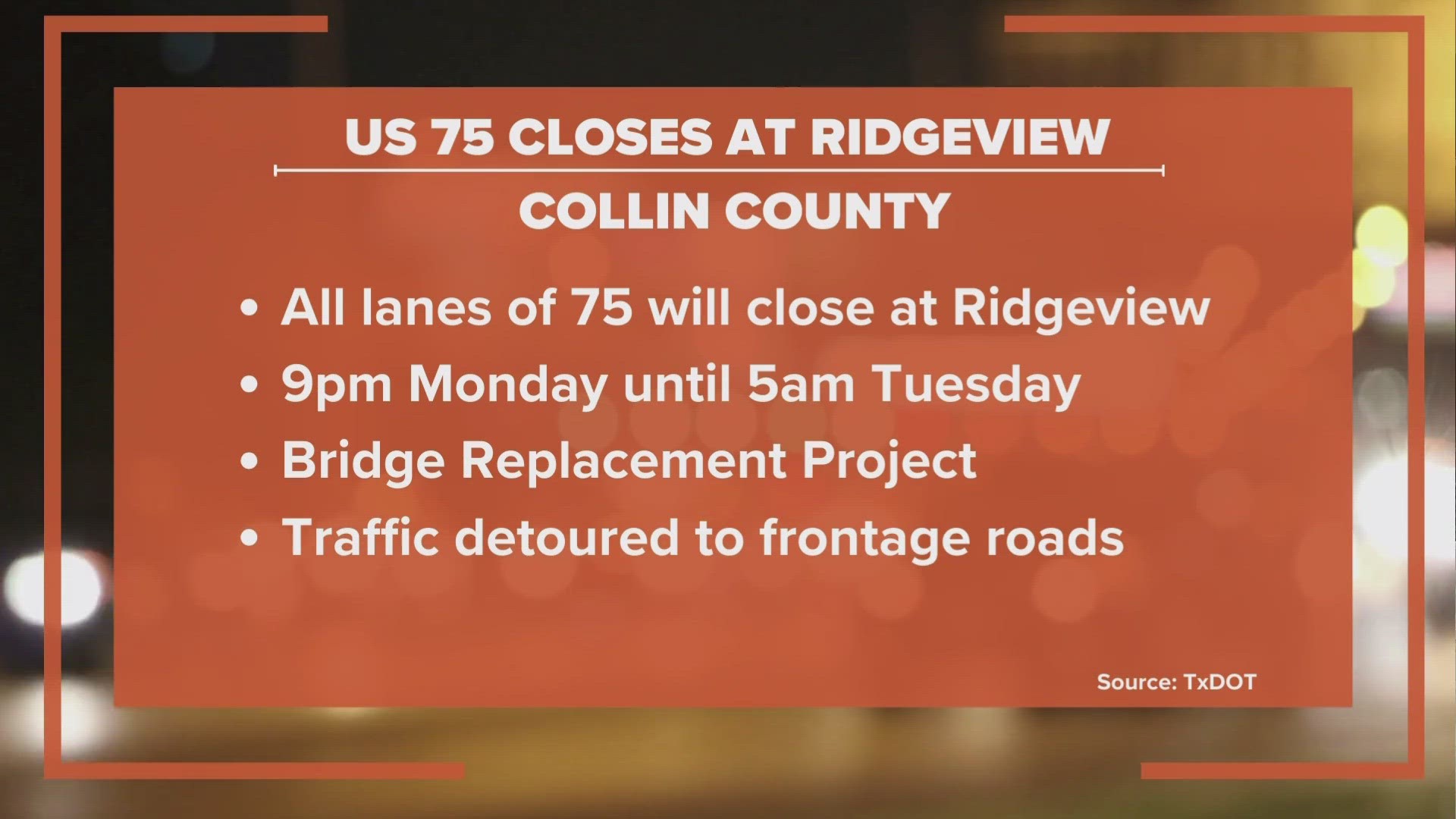The country was almost a decade into Prohibition, and Dallas law enforcement had no tolerance for rascally bootleggers.
At least that's what they liked the teetotalers to think.
For publicity purposes only, officers periodically would stage raids, pose for pictures with confiscated bottles, barrels and stills and make a show of emptying the evil contents.
"It was really a vibrant scene," Dallas historian and author Darwin Payne said of the era.
But one particular series of raids in 1929 almost blew up in law officers' faces. It's one of several stories recalled by local historians as the nation today marks the 75th anniversary of Prohibition's repeal.
As historians tell the tale, local officials were inflamed after a writer for Collier's magazine alleged that bootleggers paid local law enforcement a monthly fee to ignore their activities.
In reaction to the article, Dallas County Sheriff Hal Hood conducted a series of raids and took more than 5,000 gallons of confiscated alcohol to a public rally hosted by a temperance movement in downtown Dallas.
During the rally, deputies poured out all the liquor so it could drain into the gutters. But someone flicked a lit match into the stream, and the liquor ignited into a massive sea of moving fire.
By the time firefighters arrived, more than 20 cars had been consumed by flames and nearby buildings only narrowly escaped a similar fate.
As Dallas and the rest of the country entered the 1930s, it became increasingly clear a growing number of people wanted Prohibition repealed.
That push, along with politicians wanting alcohol-related taxes for government during the early parts of the Great Depression, led to the repeal in 1933.
Repeal actually came twice in Texas: first with the ratification of the 21st amendment in 1933 and second with the repeal of the Texas state amendment in 1935. Texas voters had approved a separate state prohibition amendment in 1919.
But that didn't mean Dallas went dry during prohibition.
Mr. Payne said the city was filled with bootleggers, speak-easies and dance halls during the 1920s and early 1930s.
A 1926 survey found by Mr. Payne indicated bootleggers in the city were making as much as $36,000 a year.
Owen P. White, the Collier's writer who came to Dallas in 1929 for a story on bootlegging, was able to buy liquor in six places in a two-block stretch of downtown Dallas.
Mr. White estimated there were more than a hundred such sites in the city limits.
Today, much like the grassroots movement that helped end America's dry period, a growing number of people are trying to turn that day in history into a modern-day celebration.
It's called Repeal Day, and the idea came from Oregon bartender Jeffrey Morgenthaler seven years ago when a customer saw the repeal mentioned in the local paper's "This Day in History."
Mr. Morgenthaler thought it would be a good idea the next year to host an event at his bar, but it didn't really take off until he wrote about it on his blog in 2006. Other bloggers picked up the post, and ideas for celebrations began spreading across the country.
"There was sort of a loss of the rich traditions of craft bartending," Mr. Morgenthaler said of the dry era, which began in 1920. "I wouldn't have a job if it wasn't for repeal."
Mr. Morgenthaler said Repeal Day is a chance to learn about the nation's history and the unusual stories that go with it.
Not that the holiday is hard to sell.
"It's a fun day of remembrance," he said. "Everybody I've been around has always been very much in favor of the idea."

